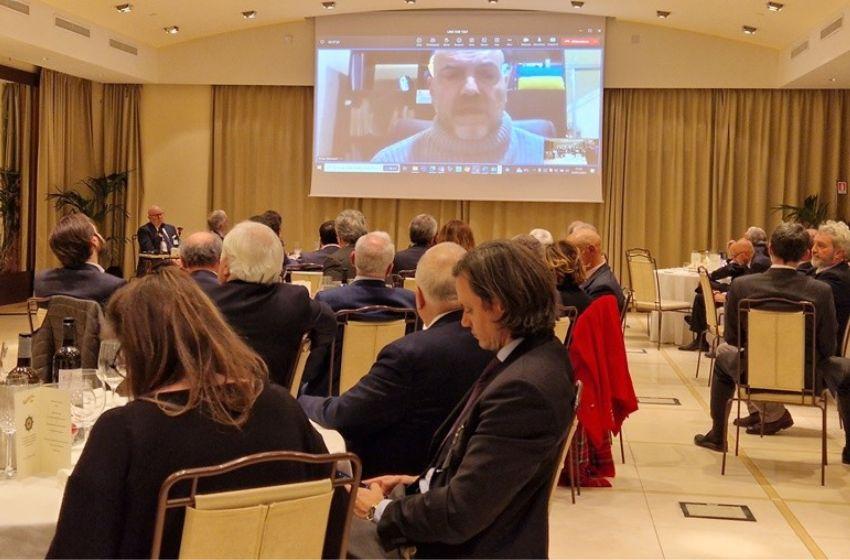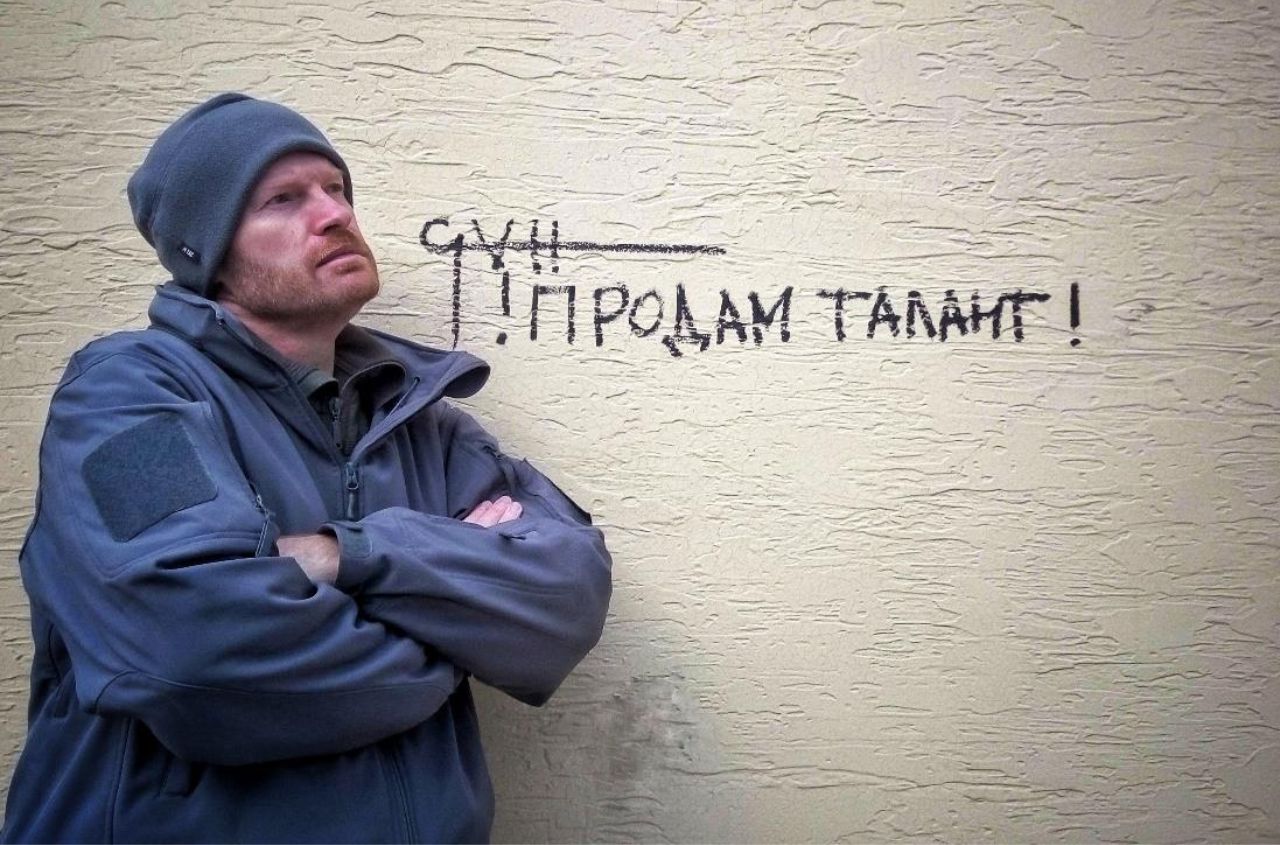The Propeller Club port of Genoa dedicated its dinner to "war and socio-political risks in shipping". The event was organized together with Siat Assicurazioni and was attended by Arthur Nitsevych of the Interlegal law firm in Odessa (video link from Ukraine), Guglielmo Camera (Camera Vernetti law firm), Carlo Palleschi (CeSI Centro Studi Internazionali) and Flavio Riolfo (SIAT).
Particularly important was the video intervention by Nitsevych who explained that there are currently 3 active seaports in Ukraine (Odessa, Chornomorsk and Yuzhny) thanks to the Black Sea Grain Initiative.
“Maritime transport is moving forward, every day we have ships arriving and leaving. Two fellow lawyers from our firm have been called to arms and have been fighting at the front for a year†testified the leader of Interlegal, however, pointing out critical issues that create queues and expectations in the regular flow of transport in the grain corridor.
Luca Florenzano, marine claims manager of SIAT SpA (Società Italiana Assicurazioni Riassicurazioni), underlined how the Russian-Ukrainian conflict has strongly questioned the economy, international trade and investment flows in a scenario already strongly tested by the pandemic with consequences which also had repercussions on the national and international shipping sector. Hence the idea of organizing a meeting at the Genoese Propeller Club to better understand the current dynamics starting from the effects already observed.
Carlo Palleschi, analyst in charge of the Geoeconomics Desk, illustrated a macroeconomic and geopolitical analysis according to which "the war in Ukraine was a watershed" which led "to a polarization between the West and the rest of the world". The result has been a race towards an "energy diversification (the REPowerEU plan), of providers but also of sources", meaning by this a mix diversified by type of energy sources.
“The risks of relying on a single energy provider had already emerged in the past both with Russia and with Libya†Palleschi recalled, specifying that now “the energy center of gravity is shifting from Russia towards the Mediterranean (Algeria, Egypt, Israel and Lebanon for the exploitation of gas fields).
The Mediterranean chessboard is therefore reopening, becoming an energy hub, and that of sub-Saharan Africa, in particular Mozambique (a country rich in gas even if with serious security problems). "Africa is the meeting point between energy diversification and sources, because it is a continent rich in gas but also in critical materials" was the synthesis of Palleschi, who underlined the trend of new investments in renewable energies as well as in the African Continental Fruit Trade area, which will offer great potential.
The lawyer Guglielmo Camera explored the issue of international sanctions that can affect companies. “Sanction culture is lacking in Italy†underlined the lawyer, adding that “for many large groups, especially if listed, being hit by sanctions can represent considerable reputational damage with all that follows in terms of loss of credibility in the face of to investors".
In this regard, he illustrated what the sanctions compliance program (Scp) is and how it works, which all companies should adopt in order to be able to claim that they have acted with the greatest possible diligence in business relations with their counterparts.
The meeting concluded with a speech by Flavio Riolfo (Siat) on how war risk insurance coverage works in the market for Hulls and Machinery policies in the naval sector. A matter made even more complicated by the events of the last two years and which places insurance companies in the face of careful assessments: "War risk coverage is traditionally profitable, but by their nature extremely unbalanced and therefore requires adequate reinsurance," concluded Riolfo.


















